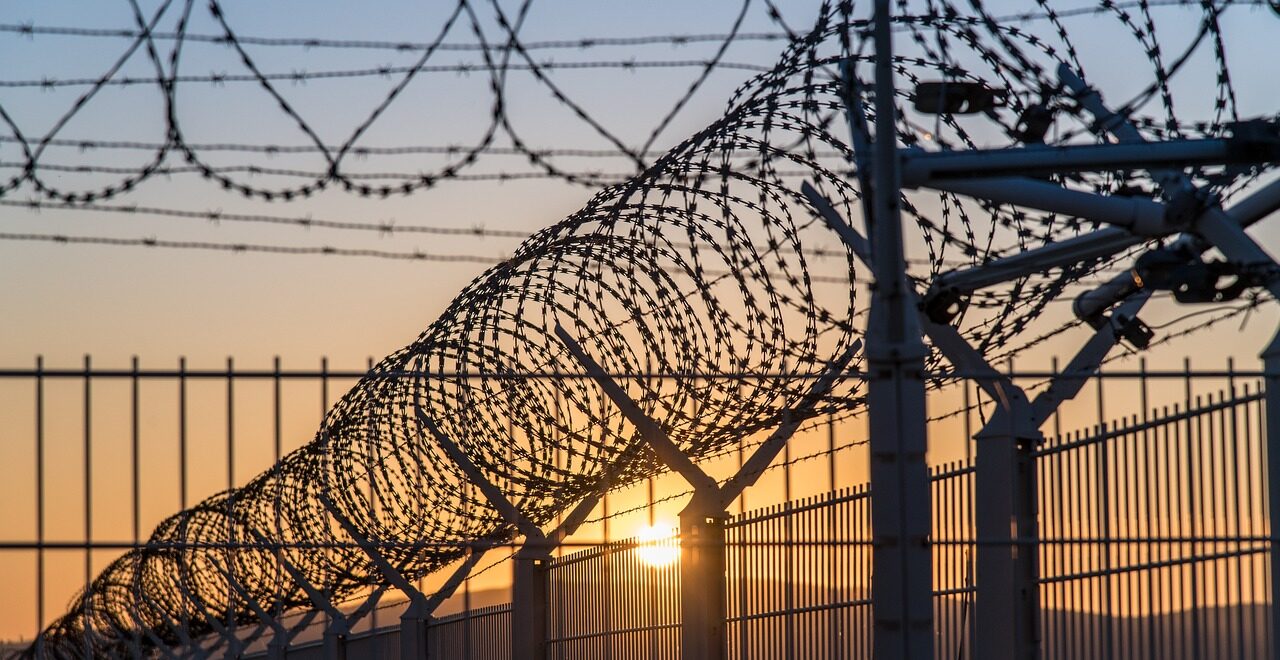Being released from incarceration should be a joyful time.
But for many newly released inmates, serious health issues arise and many of these
individuals die within two weeks of their release.
According to studies, 9.6 million people are released from US prisons each year, but of
those released they are 13 times more likely to die.
Black people once again are disproportionately affected by lack of health care and
cannot obtain health insurance.
Chronic medical conditions, cancers, drug overdoses, and cardiovascular diseases are
some of the illnesses prisoners faces after release.
Access to substance abuse and mental health care is also scarce, which leads to
offenders re-committing crimes.
Tackling this issue will be a huge problem, especially since many newly released
offenders do not qualify for Medicaid or have to wait extremely long to receive benefits.
The COVID pandemic showed how low-quality prison healthcare was as many
prisoners died or were released due to their chronic illnesses.
Diabetes, asthma, hepatitis C, high blood pressure, and HIV are three of the top
medical conditions many prisoners are faced with.
Prisoners are often charged high co-pays to access medical care and many of them
cannot afford this, so their conditions worsen.
Being pregnant in prison for women, often leads to low-birth weight babies and greater
chances of pre-term (premature labor).
Also, over 4% of women who enter prison are already pregnant.
Inmates are five times more likely to be diagnosed with HIV than the general population.
Approximately 10-20% of inmates suffer from a mental health illness, being incarcerated
worsens this.
Studies show today’s current prison population is getting older and each year in prison
takes two years off life expectancy.
There are medical prisons available for prisoners with untreatable illnesses or ones that
do not have long to live where they receive medical treatment.
Treatment in my thoughts is probably the bare minimum and I believe prisoners that are
dying should be released to die peacefully around their families.
Prenatal care and care for chronic illnesses should be the biggest concerns, just
because people are committing crimes does not mean they should be treated like
animals.
The United States provides inmates with a constitutional right to health care.
No, prisons and jails are not five-star resorts or hotels, but adequate medical care
should be obtainable for all while incarcerated and upon release.
States and governments must both band together to help and ensure the prison
populations can stay healthy and have access to basic medical needs.
The correctional environment’s adverse effect on physical and mental health includes:
Poor nutritional options
Excessive use of force
Poor ventilation
Isolation units (solitary confinement)
Overcrowding
Sexual abuse
Smoking
Violence
Upon re-entry to society, all inmates have a disproportioned rate of mental illness,
suicide, substance abuse issues, disabilities and chronic physical disorders.
What the above statement shows us as people is that healthcare access in prison is
very poor and many people are suffering both inside the jails and prisons as well as
upon their release.

